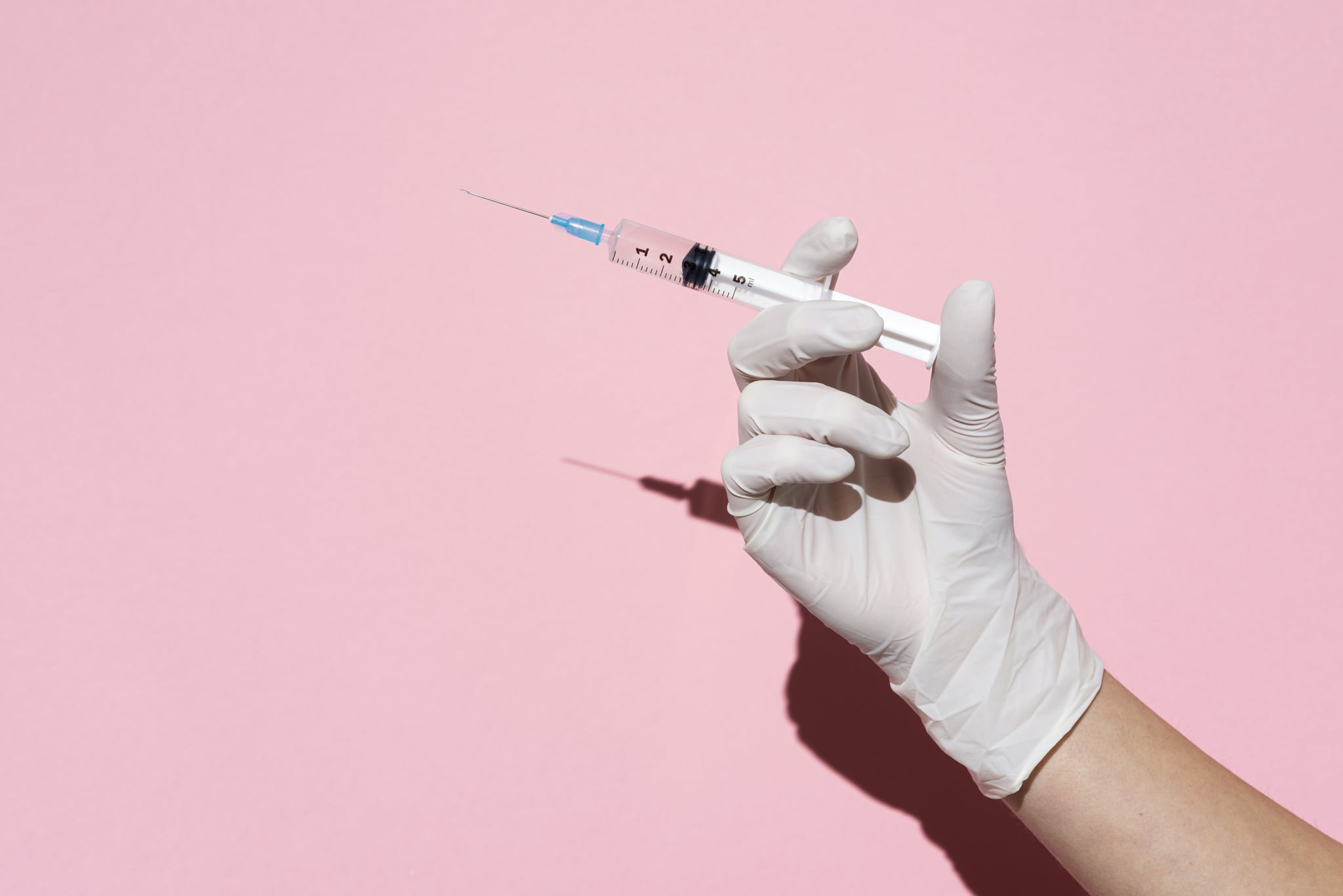
The US Food and Drug Administration (FDA) has officially approved the first vaccine to prevent RSV, or respiratory syncytial virus, in babies. Abrysvo, the shot made by Pfizer, is given to pregnant mothers and designed to offer protection against RSV to infants through their first six months of life.
This news comes about a month after the FDA approved nirsevimab, or Beyfortus, to protect all infants (those healthy or with a medical condition) against RSV up to age 2, as well as two other RSV vaccines for adults over the age of 60, one made by GSK and another from Pfizer.
RSV typically causes cold symptoms and infects nearly everyone by age 2. But since fall 2022, there has been an unprecedented spike in RSV that has contributed to a tripledemic of RSV, COVID-19, and the flu, leaving families rightfully concerned, especially those with newborns and elderly adults, both of whom are at a higher risk of being hospitalized, according to the CDC.
“For newborns, the danger is because of the immaturity of their immune system, which has not had exposure to this virus, as well as the low caliber of their airways, which can become clogged with mucus much faster,” Amesh Adalja, MD, senior scholar at the Johns Hopkins Center For Health Security, tells POPSUGAR. “For the elderly, it is the fact that they have many comorbid conditions that exacerbate the infection, as well as having immune senescence [or deterioration], with your immune system not responding appropriately as it once could.”
Fortunately, several pharmaceutical companies have an RSV shot already approved and in the works. Keep reading for a breakdown of the RSV vaccine candidates and what’s currently available to ward off infection.
GSK RSV Vaccine
GSK developed a candidate called Arexvy, designed to treat AReSVi (adult respiratory syncytial virus). In early May, it became the first vaccine approved for individuals 60 years of age and older. Data published in February found the vaccine was more than 94 percent effective against severe RSV infection after nearly seven months.
Pfizer RSV Vaccine
On Aug. 21, the FDA approved Pfizer’s Abrysvo, “the first and only maternal immunization to help protect newborns immediately at birth through six months,” according to a statement made by Annaliesa Anderson, Pfizer’s senior vice president and chief scientific officer for vaccine research and development.
This same vaccine was approved earlier this year for older adults age 60 and up. And Pfizer is also currently studying the vaccine’s efficacy in “higher-risk children ages 2 to 18 and adults age 18 to 60 who are at higher risk for RSV due to underlying medical conditions or who have weakened immune systems,” per CNN.
Moderna RSV Vaccine
On Jan. 17, Moderna announced that its RSV vaccine was shown to be 84 percent effective at preventing at least two or more symptoms in older adults (age 60 and older). On July 5, the company announced that it had officially submitted marketing authorization applications to the FDA for its investigational RSV vaccine.
Synagis RSV Shot
Palivizumab, which goes under the brand name Synagis, is an FDA-approved prescription injection recommended for high-risk infants who were born severely premature at 29 weeks or earlier in order to protect them from severe RSV disease. Palivizumab is a monoclonal antibody — it’s not a vaccine, Dr. Adalja explains. Where a vaccine would train the immune system to fight off future infections, palivizumab is an immunizing agent that works by giving the body antibodies to protect it.
Sanofi and AstraZeneca RSV Shot
Sanofi and AstraZeneca have produced a single-dose long-acting antibody called nirsevimab (sold under the brand name Beyfortus), which helps prevent RSV infection in infants entering their first RSV season. “Toddlers up to two years old who remain vulnerable can also receive the shot during their second RSV season,” CNBC reports. An FDA review found the shot to be up to 75 percent effective at preventing lower respiratory tract infections that required medical attention among infants and 78 percent effective at preventing hospitalization, per CNBC. The FDA announced the approval of nirsevimab on July 17, 2023.
— Additional reporting by Alexis Jones

